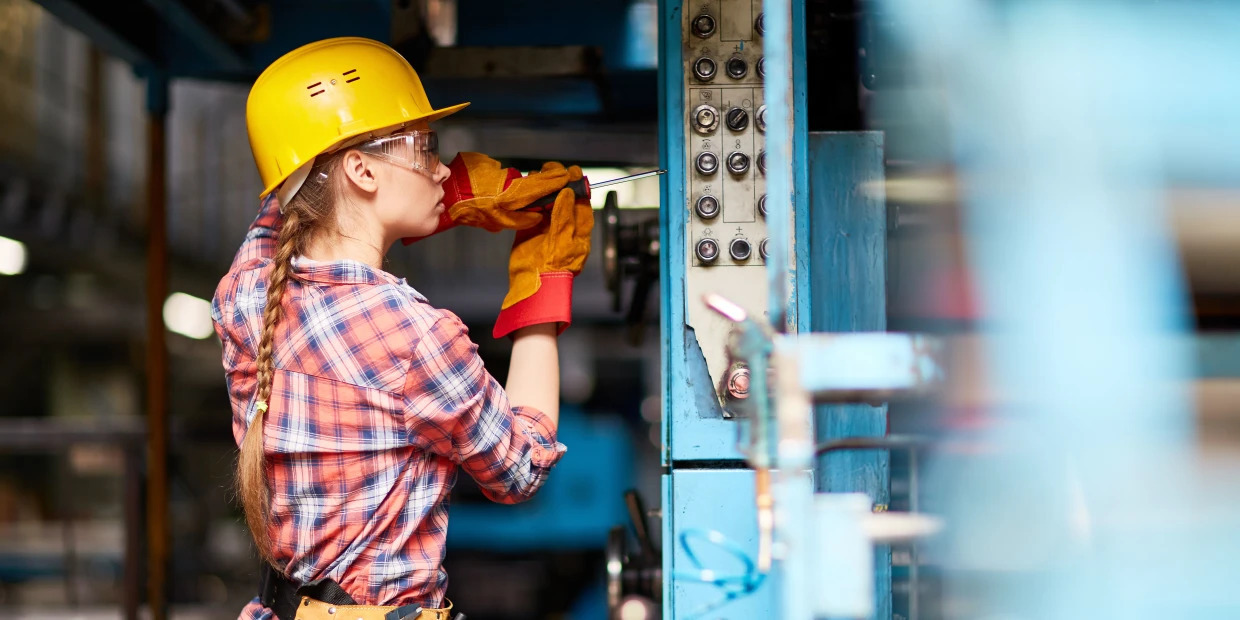
Ever wondered why we get that first Monday in September off? Sure, most of us relish the long weekend, but there's a lot more to Labor Day than just a break from work and school. Labor Day has a rich history and significance that goes beyond barbecues and store sales. From its tumultuous origins in the labor movement to becoming a federal holiday, there are plenty of intriguing facts that often go unnoticed. Ready to get schooled on some lesser-known Labor Day trivia? Buckle up, because we're about to dive into seven fascinating facts about Labor Day that might just surprise you. Whether you're a history buff or just looking for some fun tidbits to share at your next barbecue, these insights are sure to add an extra layer of meaning to your holiday celebrations.
Key Takeaways:
- Labor Day honors the hard work of American workers and their contributions to the country's growth and success. It's a day to appreciate the value of different professions and industries.
- Labor Day, originally a day of parades and protests, has evolved into a weekend of sales and barbecues. However, its core remains in recognizing the value of hard work and the achievements of the labor movement.
What is Labor Day?
Labor Day, celebrated on the first Monday in September, honors the American labor movement and the contributions workers have made to the strength, prosperity, and well-being of the country. This holiday marks not just a day off for many Americans but also serves as a tribute to the hardworking individuals who have shaped the nation's economic and social landscape.
Why Do We Celebrate Labor Day?
- Labor Day was created to recognize the achievements of American workers and their contributions to society. It's a day dedicated to appreciating the hard work and effort that goes into various professions and industries, acknowledging that the country's growth and success are built on the backs of its workforce.
The First Labor Day Parade
- The first Labor Day parade occurred in New York City on September 5, 1882. About 10,000 workers took unpaid time off to march from City Hall to Union Square, making a bold statement about the value of their work and the need for labor rights.
Who Founded Labor Day?
- Although there's some debate over the exact founder, Peter J. McGuire, a carpenter and labor union leader, is often credited with proposing the idea of Labor Day as a way to honor those "who from rude nature have delved and carved all the grandeur we behold."
Labor Day Becomes a Federal Holiday
- It wasn't until 1894, after a significant event known as the Pullman Strike, that Labor Day was officially recognized as a federal holiday by President Grover Cleveland. This move was partly to repair ties with American workers after the strike highlighted the urgent need for labor reform.
The Significance of Wearing White
- There's an old tradition that says you shouldn't wear white after Labor Day. This rule was once a fashion statement among the upper class in the early 20th century to distinguish themselves from the working class. Today, it's considered more of a fashion myth than a strict guideline.
Labor Day Around the World
- While the United States celebrates Labor Day in September, many countries around the world observe International Workers' Day on May 1st. This global celebration also honors workers and their rights, stemming from the historic struggles for fair labor practices, including the fight for an eight-hour workday.
How Labor Day Has Evolved
- Over the years, Labor Day has evolved from a day of parades and protests into a weekend of sales, barbecues, and end-of-summer celebrations. Despite this shift, the holiday's roots in recognizing the value of hard work and the achievements of the labor movement remain at its core.
A Fresh Perspective on Labor Day
Labor Day's more than just a long weekend or the unofficial end to summer. It's a day steeped in history, honoring the resilience and strength of workers who've shaped our nation. From its roots in labor movements to becoming a federal holiday, every aspect tells a story of struggle and triumph. Remember, it's not just about barbecues and sales; it's a tribute to the contributions workers have made to the prosperity and well-being of our country. So, next time you're enjoying that extra day off, take a moment to reflect on the true meaning of Labor Day. It's a celebration of hard work, unity, and the ongoing fight for workers' rights. Let's carry this appreciation beyond just one day and recognize the value of labor in our daily lives.
Frequently Asked Questions
Was this page helpful?
Our commitment to delivering trustworthy and engaging content is at the heart of what we do. Each fact on our site is contributed by real users like you, bringing a wealth of diverse insights and information. To ensure the highest standards of accuracy and reliability, our dedicated editors meticulously review each submission. This process guarantees that the facts we share are not only fascinating but also credible. Trust in our commitment to quality and authenticity as you explore and learn with us.


